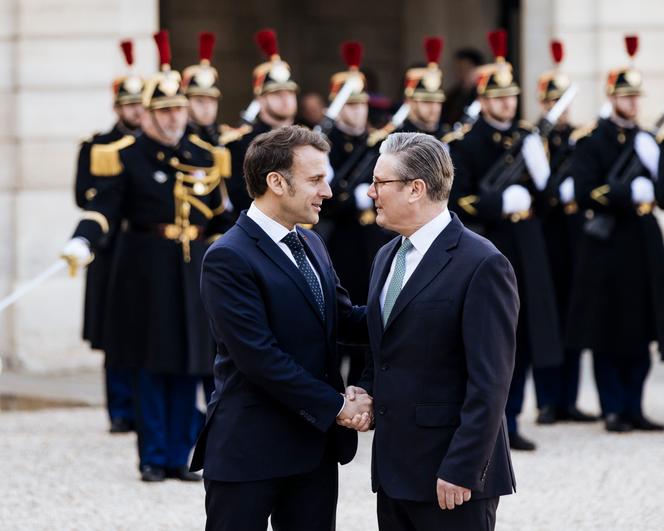


British Prime Minister Keir Starmer spent all day at Downing Street on Thursday, February 20, preparing for a tricky meeting with Donald Trump in Washington, scheduled for February 27. This meeting at the White House, his first with the US president since his inauguration had been announced at the end of the Munich Security Conference on February 16. Back then, it became clear, in London as elsewhere in Europe, that the transatlantic relationship was disintegrating in front of Western eyes.
Since then, Trump's unsubstantiated comments about Ukrainian president Volodymyr Zelensky, whom he has repeatedly called a "dictator," and his word-for-word repetition of Russian propaganda, have made Starmer's task even harder.
He has three objectives: to try to soothe the very deteriorated relationship between Trump and Zelensky; to prove to the American leader that the Europeans – and the British in particular – are prepared to take much greater responsibility for their own defense; and to propose a peacekeeping solution in Ukraine – "a reassurance force" according to Western officials – which would reassure the Ukrainian population and have a sufficient deterrent effect to prevent any further Russian aggression.
You have 76.77% of this article left to read. The rest is for subscribers only.
